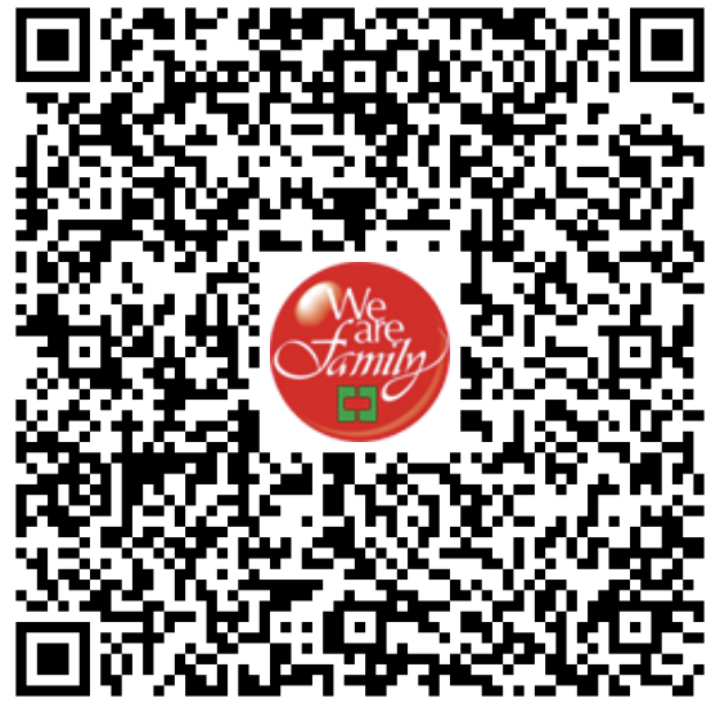30天鐵人賽介紹 AWS 雲端世界 - 20: Lambda 搭配 API Gateway,實現 Serverless 架構可以被外部呼叫觸發
What is API Gateway
API Gateway 是一種全託管的服務,可讓開發人員輕鬆地建立、發佈、維護、監控和保護任何規模的API。此服務主要是提供一個網址讓外部可以直接呼叫到 AWS 原本不對外開放的服務街口(如 Lambda 的事件驅動架構就算是一個代表性)。

計費的部份就有三個部份:呼叫次數、流量大小與附加服務(如提供快取功能等),
在免付費的方案內包含了最多 12 個月每月 100 萬次 API 呼叫. 詳細計價方式請參考
在昨天的分享裡面介紹了 Lambda 與 無伺服器架構如何放置程式上去運行,但觸發的方式都是被動地等待事件被呼叫才進行,如果想要以傳統 API 方式進行呼叫,則必須搭配 API Gateway ,運用其 API Event Trigger 的方式去執行對應的動作。
Hands on Lab
這邊我們將延續昨天的 Lab ,提供一個可以處理 HTTP 的 API 接口給 Lambda 並請他執行 Hello 這項動作。
這邊可以加入 Amazon.Lambda.APIGatewayEvents 幫我們將 Lambda 服務公開成 API 給外部呼叫:
dotnet add package Amazon.Lambda.APIGatewayEvents
我們也可以手動加入專案後在透過還原指令將套件下載回來:
dotnet restore
接著我們將修改一下 handler.cs 為以下的內容:
using System;
using System.Collections.Generic;
using System.Net;
using Amazon.Lambda.APIGatewayEvents;
using Amazon.Lambda.Core;
[assembly:LambdaSerializer(typeof(Amazon.Lambda.Serialization.Json.JsonSerializer))]
namespace AwsDotnetCsharp
{
public class Handler
{
public Response Hello(Request request, ILambdaContext context)
{
// Log entries show up in CloudWatch
context.Logger.LogLine ("Example log entry\n");
var response = new APIGatewayProxyResponse {
StatusCode = (int) HttpStatusCode.OK,
Body = "{ \"Message\": \"Go 2018 iT 邦幫忙鐵人賽\" }",
Headers = new Dictionary<string, string> { { "Content-Type", "application/json" } }
};
return response;
}
}
public class Response
{
public string Message {get; set;}
public Request Request {get; set;}
public Response(string message, Request request){
Message = message;
Request = request;
}
}
public class Request
{
public string Key1 {get; set;}
public string Key2 {get; set;}
public string Key3 {get; set;}
public Request(string key1, string key2, string key3){
Key1 = key1;
Key2 = key2;
Key3 = key3;
}
}
}
而因為我們因為要使用 API Gateway 則需要修改到 serverless.yaml 將服務啟用並設定指定的路徑:
serverless.yaml
# Welcome to Serverless!
#
# This file is the main config file for your service.
# It's very minimal at this point and uses default values.
# You can always add more config options for more control.
# We've included some commented out config examples here.
# Just uncomment any of them to get that config option.
#
# For full config options, check the docs:
# docs.serverless.com
#
# Happy Coding!
service: lambda-dotnet
# You can pin your service to only deploy with a specific Serverless version
# Check out our docs for more details
# frameworkVersion: "=X.X.X"
provider:
name: aws
runtime: dotnetcore1.0
# you can overwrite defaults here
# stage: dev
# region: us-east-1
# you can add statements to the Lambda function's IAM Role here
# iamRoleStatements:
# - Effect: "Allow"
# Action:
# - "s3:ListBucket"
# Resource: { "Fn::Join" : ["", ["arn:aws:s3:::", { "Ref" : "ServerlessDeploymentBucket" } ] ] }
# - Effect: "Allow"
# Action:
# - "s3:PutObject"
# Resource:
# Fn::Join:
# - ""
# - - "arn:aws:s3:::"
# - "Ref" : "ServerlessDeploymentBucket"
# - "/*"
# you can define service wide environment variables here
# environment:
# variable1: value1
# you can add packaging information here
package:
artifact: bin/release/netcoreapp1.0/deploy-package.zip
# exclude:
# - exclude-me.js
# - exclude-me-dir/**
functions:
hello:
handler: CsharpHandlers::AwsDotnetCsharp.Handler::Hello
events:
- http:
path: users/create
method: get
# The following are a few example events you can configure
# NOTE: Please make sure to change your handler code to work with those events
# Check the event documentation for details
# events:
# - http:
# path: users/create
# method: get
# - s3: ${env:BUCKET}
# - schedule: rate(10 minutes)
# - sns: greeter-topic
# - stream: arn:aws:dynamodb:region:XXXXXX:table/foo/stream/1970-01-01T00:00:00.000
# - alexaSkill
# - alexaSmartHome: amzn1.ask.skill.xx-xx-xx-xx
# - iot:
# sql: "SELECT * FROM 'some_topic'"
# - cloudwatchEvent:
# event:
# source:
# - "aws.ec2"
# detail-type:
# - "EC2 Instance State-change Notification"
# detail:
# state:
# - pending
# - cloudwatchLog: '/aws/lambda/hello'
# - cognitoUserPool:
# pool: MyUserPool
# trigger: PreSignUp
# Define function environment variables here
# environment:
# variable2: value2
# you can add CloudFormation resource templates here
#resources:
# Resources:
# NewResource:
# Type: AWS::S3::Bucket
# Properties:
# BucketName: my-new-bucket
# Outputs:
# NewOutput:
# Description: "Description for the output"
# Value: "Some output value"
這邊如果設定的縮排不對會有錯誤或是部屬不如預期的情況,所以請仔細檢查:


而修改完後別忘記需要再次打包壓縮檔後才執行部屬指令:
dotnet lambda package --configuration release --framework netcoreapp1.0 --output-package bin/release/netcoreapp1.0/deploy-package.zip
最後我們透過部屬指令即可成功部屬上去:


而現在我們就可以透過 url 來直接看到回應內容了:

而當我們登入 Lambda 後可以看到服務的架構已經從原先的:

變成如下:

而從 API Gateway 也可以看到多了一個端點(endpoint):

References
- Amazon API Gateway
- Amazon API Gateway 常見問答集
- [Going serverless with .NET Core, AWS Lambda and the Serverless framework](serverless config credentials –provider aws –key AKIAIRJZONJSC36TGFXQ –secret hO2pTjpX1Ci5+cz0P7igtw1JJ1x/zSAnLt4rxp6M)



